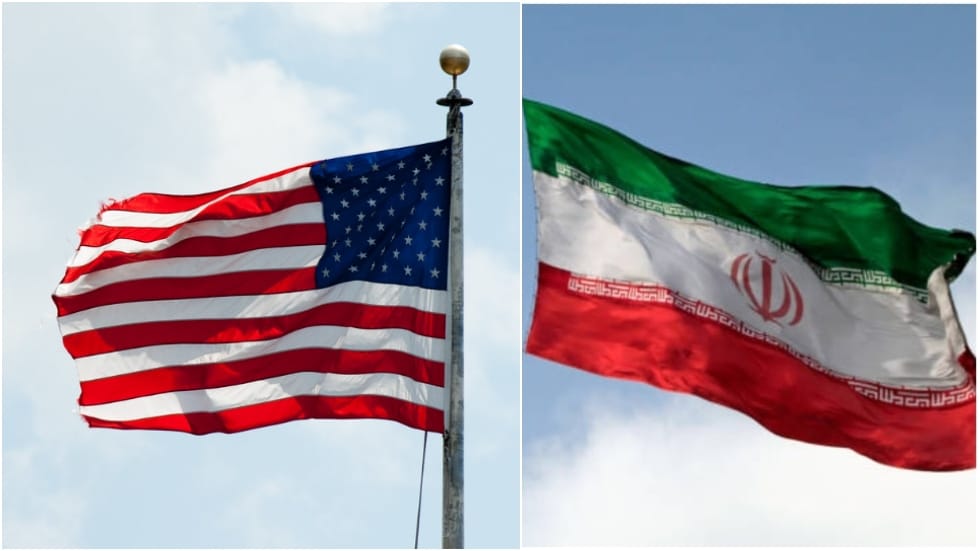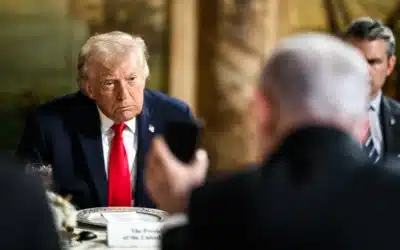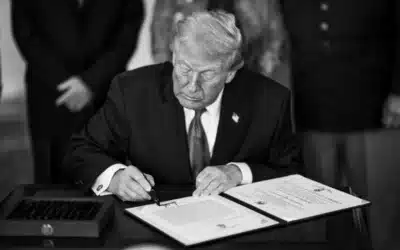Iran said on Wednesday that it had received the US response to an EU proposal aimed at reviving the nuclear deal, known as the JCPOA. Iranian Foreign Ministry spokesman Nasser Kanaani said Tehran has begun a “careful review” of the US response.
“This evening Iran received the US response through the European Union. The careful review of the response has started in Tehran,” Kanaani said. “Iran will share its view with the EU, as the coordinator of the nuclear talks, upon completion of Tehran’s review.”
The State Department confirmed that the US has responded to the proposal, which came after Iran gave its response. “As you know, we received Iran’s comments on the EU’s proposed final text through the EU. Our review of those comments has now concluded. We have responded to the EU today,” State Department spokesman Ned Price said.
Details of the US response aren’t yet known, but US officials have signaled there’s a chance the JCPOA could be revived under the EU proposal. A US official told Reuters on Monday that a deal is closer because Tehran made concessions by dropping two of its major demands.
The concessions include dropping the demand for the US to lift the designation of Iran’s Islamic Revolutionary Guard Corps (IRGC) as a foreign terrorist organization. Tehran also reportedly dropped a demand to have the International Atomic Energy Agency (IAEA) conclude its investigation into uranium traces at Iranian nuclear sites.
In another sign that the JCPOA could be revived, EU foreign policy chief Josep Borrell said this week that Iran’s response to the EU proposal was “reasonable.” Borrell also said that other countries involved in the JCPOA negotiations agree with the EU proposal to restore the deal.
Iran has been clear from the beginning of the Biden administration that it would bring its nuclear program within the strict limits of the JCPOA if the US lifted all Trump-era sanctions. But President Biden has refused to do so, making the negotiations necessary as the two sides needed to agree on what sanctions will be lifted.
This article was originally featured at Antiwar.com and is republished with permission.

































